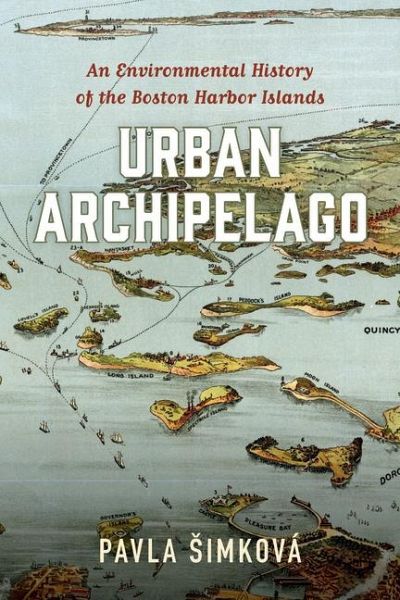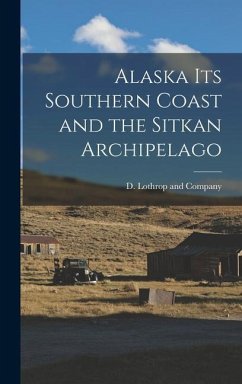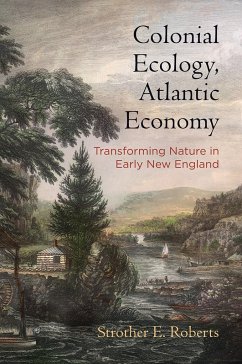
Urban Archipelago
An Environmental History of the Boston Harbor Islands
Versandkostenfrei!
Versandfertig in über 4 Wochen
64,99 €
inkl. MwSt.
Weitere Ausgaben:

PAYBACK Punkte
32 °P sammeln!
Drawing on archival sources, historic maps and photographs, and diaries from island residents, this absorbing study attests that the Boston Harbor Islands' story is central to understanding the ways in which Boston has both shaped and been shaped by its environment over time.












